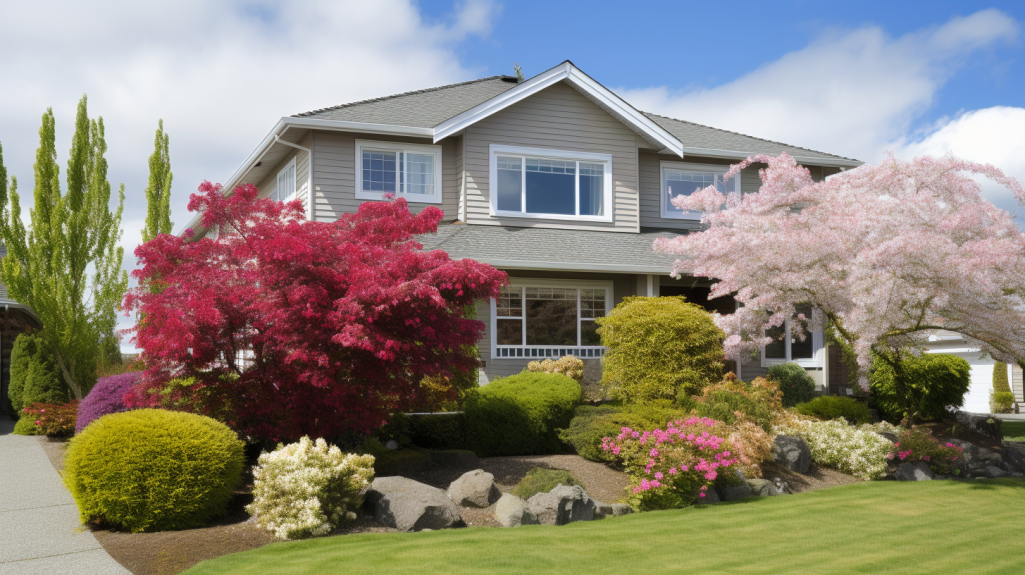Homeowners’ Associations (HOAs) have become an integral part of many residential communities across the United States. These organizations are established to maintain order and manage shared amenities in neighborhoods. While HOAs offer various benefits, they also come with their fair share of drawbacks. In this article, we’ll explore the pros and cons of HOAs to help you make an informed decision when choosing to live in an HOA-governed community.
Pros of HOAs:
- Property Maintenance: One of the primary advantages of HOAs is their dedication to property maintenance. They ensure that common areas, such as parks, swimming pools, and landscaping, are well-kept and aesthetically pleasing. This can help maintain property values and create an attractive living environment.
- Amenities: HOAs often provide access to amenities like gyms, tennis courts, and clubhouses that may be beyond the reach of individual homeowners. These shared facilities can enhance your quality of life and save you money on membership fees elsewhere.
- Dispute Resolution: HOAs have established guidelines and rules for residents to follow, which can help in resolving disputes between neighbors. They can mediate conflicts and enforce rules impartially, fostering a harmonious living environment.
- Community Engagement: HOAs often organize community events and activities, promoting a sense of belonging and encouraging neighborly interactions. This can create a strong sense of community, particularly in larger neighborhoods.
- Increased Curb Appeal: HOAs set architectural standards and landscaping guidelines, ensuring a consistent and attractive appearance throughout the community. This can positively impact your home’s curb appeal and resale value.
Cons of HOAs:
- Monthly Fees: One of the most significant drawbacks of HOAs is the monthly or annual fees that homeowners must pay. These fees cover maintenance costs, amenities, and other communal expenses, and they can vary widely. Failure to pay these fees can result in fines or even legal action.
- Loss of Autonomy: Living in an HOA-governed community means giving up some degree of personal freedom. You may be subject to rules and regulations that dictate aspects of your property, from the color of your front door to the type of fence you can install.
- Limited Control: HOAs make decisions on behalf of the community, and you may not always agree with their choices. You might have limited input into matters like budget allocation, rule changes, or major landscaping projects.
- Restrictions on Property Use: HOAs can impose restrictions on how you use your property. This can include limits on renting out your home, having pets, or operating a home-based business. It’s essential to review the HOA’s rules before purchasing a property.
- Potential for Mismanagement: In some cases, HOAs can suffer from mismanagement, financial issues, or disputes among board members. This can result in inefficiencies or conflicts within the community, which can be frustrating for homeowners.
Conclusion
Homeowners’ Associations offer a range of benefits, from well-maintained common areas to a strong sense of community. However, they also come with downsides, including fees, loss of autonomy, and potential conflicts. When considering a move to an HOA-governed community, it’s crucial to weigh the pros and cons carefully, considering your lifestyle preferences and priorities.
To make an informed decision, thoroughly research the specific HOA in question, review its governing documents, and attend meetings to understand its culture and management. Ultimately, the choice to live in an HOA should align with your personal preferences and priorities for your ideal living environment.

